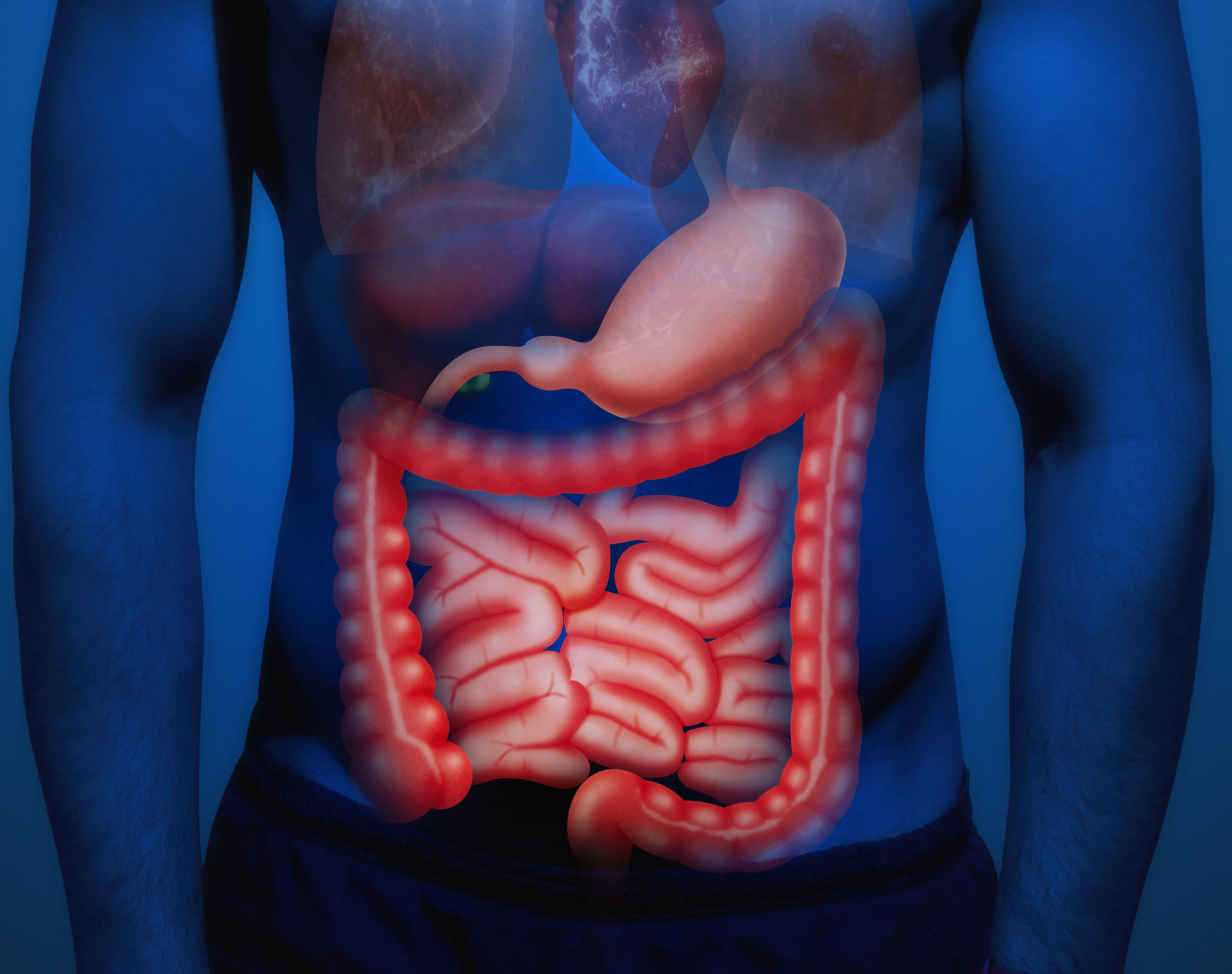Researchers at the Francis Crick Institute have identified a new biological pathway key to inflammatory bowel disease (IBD) that can be targeted with existing drugs, offering hope for more effective treatments. This discovery, which revolves around the enhancer of the ETS2 gene in immune cells, could potentially lead to better management of IBD, affecting millions globally.
Scientists at the Francis Crick Institute identified a key biological pathway in IBD involving the ETS2 protein, which can be targeted with already available MEK inhibitor drugs to potentially reduce disease symptoms.
Researchers at the Francis Crick Institute, in collaboration with UCL and Imperial College London, have identified a new biological pathway that plays a major role in driving inflammatory bowel disease (IBD) and associated conditions. This pathway can be targeted with currently available drugs.
About 5% of the world’s population, and one in ten people in the UK, are currently affected by an autoimmune disease, such as IBD, the umbrella term for Crohn’s disease and ulcerative colitis. These diseases are also becoming more common, with over half a million people living with IBD in the UK as of 2022, nearly double the 300,000 previously estimated.
Despite increasing prevalence, current treatments do not work in every patient and attempts to develop new drugs often fail due to our incomplete understanding of what causes IBD.
In research published in Nature, scientists at the Crick journeyed into a ‘gene desert’ – an area of DOI: 10.1038/s41586-024-07501-1











/https://tf-cmsv2-smithsonianmag-media.s3.amazonaws.com/filer_public/34/31/3431771d-41e2-4f97-aed2-c5f1df5295da/gettyimages-1441066266_web.jpg)







Discussion about this post